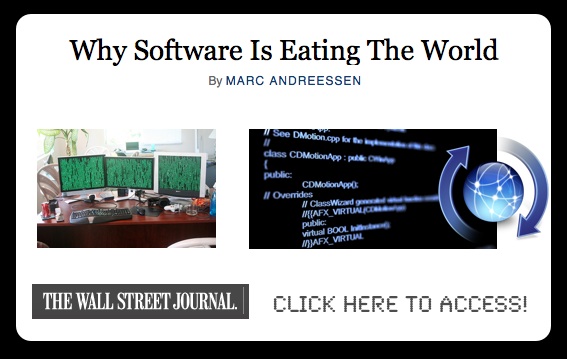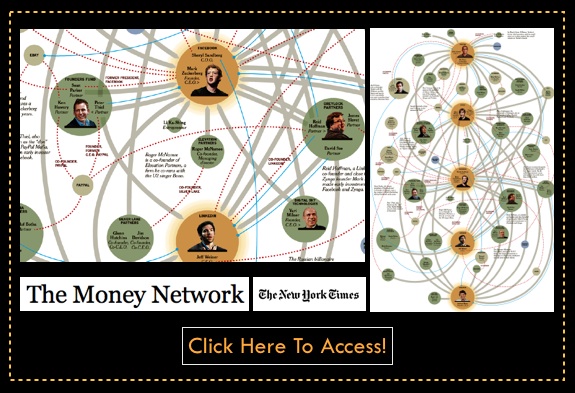From the article … “Imagine replacing the sequence of algebra, geometry and calculus with a sequence of finance, data and basic engineering … In math, what we need is “quantitative literacy,” the ability to make quantitative connections whenever life requires (as when we are confronted with conflicting medical test results but need to decide whether to undergo a further procedure) and “mathematical modeling,” the ability to move practically between everyday problems and mathematical formulations (as when we decide whether it is better to buy or lease a new car)…. ” To read the rest of the article please click here.
Tag: innovation
Daniel Kraft: Medicine’s Future? There’s an App for That [TedXMaastricht]
Very interesting talk and note this could just as easily say – Law’s Future? There’s an App for That. Generated by the nexus of available technology and the current legal employment crisis there appears to be a growing app / “garage guys” culture breaking out. LawTechCamp, New and Emerging Legal Infrastructures and other related conferences showcase just some of the app style innovations that are being generated in the legal marketplace. I guess you can say there is nothing more dangerous than a bunch of smart folks who get pushed into a corner — forced to innovate for a want of high quality alternative options. Change is on the march and my bet is there is more disruption in the windshield than in the rearview. As my old football coach liked to say — better keep your head on a swivel!
The Great Stagnation: Why Hasn’t Recent Technology Created More Jobs? [PBS Newshour]
As part of his continuing coverage of Making Sen$e of financial news, Paul Solman reports on why more good jobs haven’t been created in recent years. Can new technological innovations create widespread job growth as past generations have seen? Tyler Cowen (George Mason / Marginal Revolution) argues “there is an innovation drought, relative to the industrial revolutions of the past and to other countries today.” Erik Brynjolfsson (MIT Solan) counters “I’m an optimist about technological progress, but I’m not nearly as optimistic about our ability to keep up with it. We have got some real problems. I just want to make it clear that the problem is not stagnation. The problem is more serious in some ways, which is our basic human ability to keep up with technological progress. That problem is going to get worse and worse as technology speeds faster and faster.”
Yesterday’s Fast is Today’s Slow – The 2011 Season Starts Today!

Well my Ducks did not quite get it done last night in the BCS National Championship Game. Despite the loss, I think that it is important to emphasize that innovation on a variety of fronts is responsible for bringing Oregon to the title game. Simply put, Oregon has redefined the game and there is no doubt that copycats will soon begin to follow their model. The Ducks still have one more big step to take but they will be one of the favorites in 2011 — that season begins today.








